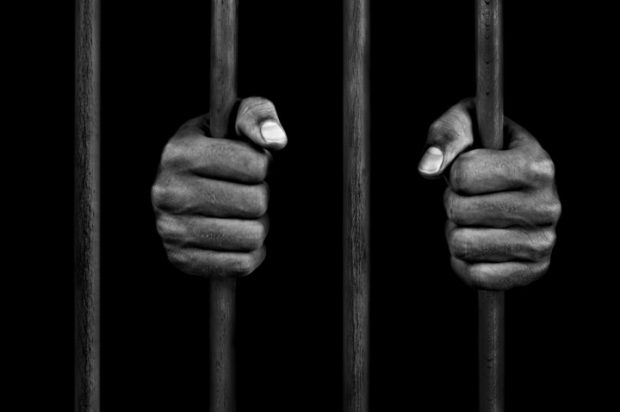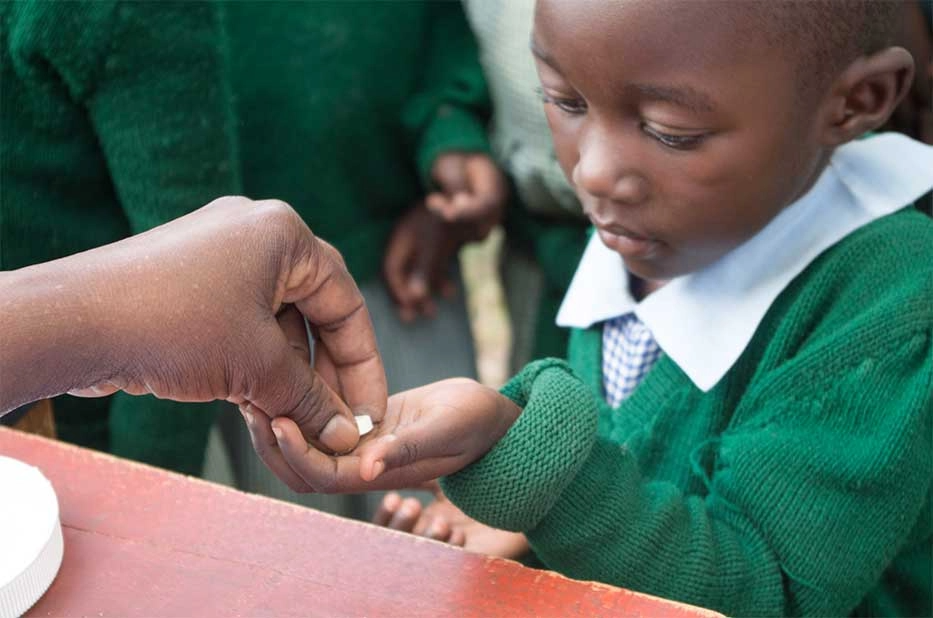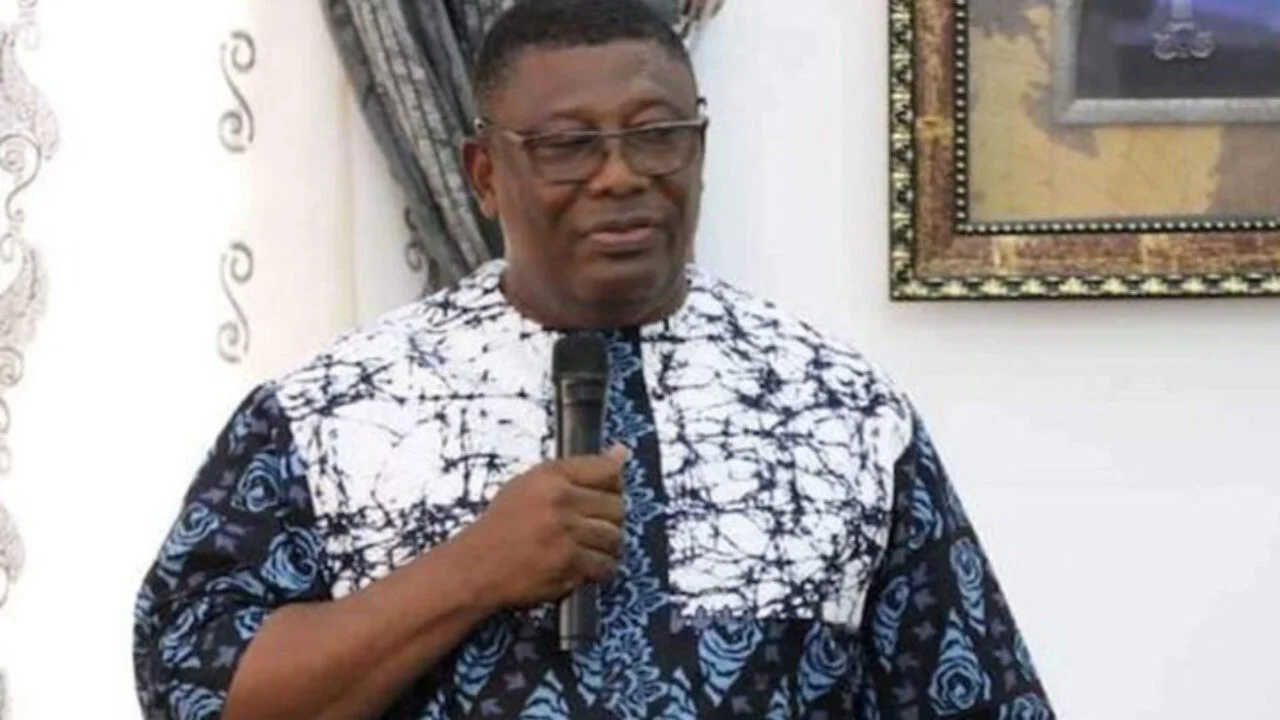The Nigeria government and the United States Agency for International Development (USAID) have signed a N115 billion partnership deal to support the implementation of Nigeria’s recently enacted Electricity Act 2023.
The partnership which was sealed in Abuja, yesterday, according to the minister of power, Adebayo Adelabu, is aimed at addressing the longstanding challenges in providing reliable and sustainable power to all Nigerians, adding that the deal will strengthen collaboration and provide crucial resources to tackle the challenges in the power sector.
Also, Adebayo expects the partnership would be critical to deliver legislative support in implementing the newly signed Electricity Act of 2023.
”We are committed to working together to ensure transparency, improve market efficiency, and accelerate the transition to clean energy solutions. This aligns perfectly with our national goals of achieving net-zero carbon emissions,” he said.
”By working with USAID and leveraging their expertise, we can empower the private sector, strengthen regulations, and unlock the full potential of our power sector. This will not only bring light to millions of homes but also unlock economic growth and sustainable development across Nigeria.”
He explained that by providing this support for implementation at the sub-national level, Nigeria will have achieved the decentralisation of the sector and the liberalisation of the sector, whereby state governments and private investors can actively participate in the development of the power sector.
Adelabu also noted the impact of the partnership on policy advisory in developing a national integrated electricity policy and strategic implementation plan to address markets and liquidity in the sector.
“But these are the critical issues that we must boldly and courageously address to have a stabilised sector. And investment advisory in our infrastructural upgrades and enhancements across all segments of the power sector, from generation to transmission to distribution to metering and all those gaps in our power sector value chain infrastructure.
“Then looking at technical support in our energy transition plan to achieve our net zero targets by 2060 and our targets of 30,000 megawatts of electricity, out of which 30 per cent of this must come from renewable energy by 2030.
“We would like your support in this regard and I believe we are blessed as a country with everything required to have electricity. From the endowment of natural gas to effective sunlight, to effective desert and offshore wind, and so many dams across the country,” he said.
In his remarks, coordinator for Power Africa, USAID Richard Nelson, said that the partnership is a key component of the Power Africa program, which is expected to double access to electricity on the continent by 2030.
According to him, Power Africa, the U.S. Government’s initiative has operated for about 11 years and has made significant gains across the African continent.
“We have helped almost 15,000 megawatts of power projects reach financial flows in 152 projects, leveraging about $26 billion.
“So we have had some significant achievements. We’ve helped almost 200 million people across the continent to access electricity. And with all of that, Nigeria is a special place for us. It has been a critical priority since the beginning and will continue to be so. This MOU that we’ll be signing today, that USAID will be signing with you,
He explained that the program has so far resulted in almost 5 billion connections, which for him, represents upwards of 20-plus million people just over the last five years in Nigeria.
“So as we look at the important relationship between the U.S. government and the government of Nigeria in fulfilling some of the commitments of the Biden administration at the Africa Leaders Summit, this is one additional milestone in furthering our long-term relationship.

 4 months ago
44
4 months ago
44















 English (US) ·
English (US) ·